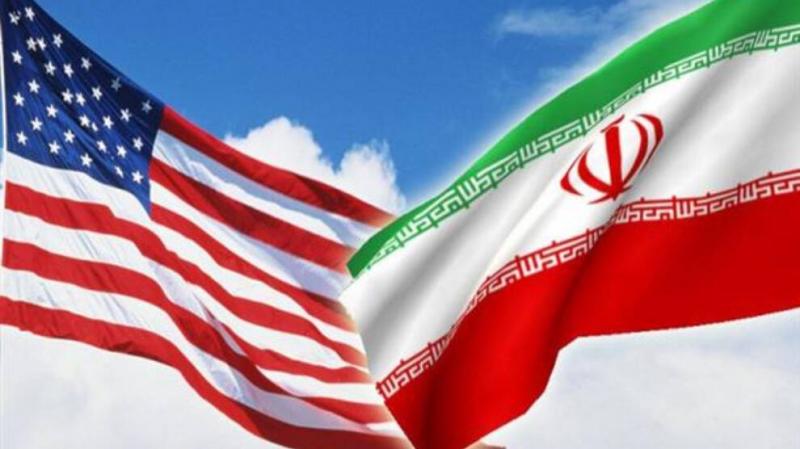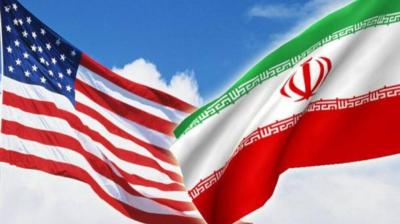There are many indications that American diplomacy has entered a new phase of action to confront or contain Iran. The Iranian attack on Israel last month provided a significant opportunity for Americans to work with Europeans and the broader group of industrial nations. The "rising threat" is well known to Americans, who have monitored Iran's nuclear and missile capabilities development for over a decade. Initially, the U.S. coordinated its efforts with Europeans, Russia, and China to address the "escalating threat," succeeding in the nuclear file. However, the U.S. later struggled to convince international parties of the need to maintain pressure on Iran. The Trump administration decided to withdraw from the nuclear agreement, and the U.S. subsequently failed to organize international cooperation to confront the Iranian missile program or to persuade Europeans to directly link Iran with the Revolutionary Guard and Iranian-affiliated militias spanning from Iraq to Syria to Lebanon and Yemen.
The statement from the foreign ministers of the Group of Seven industrialized nations two weeks ago may represent a pivotal moment in this international stance. The largest economic group in the world is demanding that Iran cease its support for Hamas and stop taking actions that destabilize the region, including halting support for Hezbollah and other organizations or sending weapons to the Houthis. The G7 also threatens Iran with sanctions and other measures in response to its destabilizing actions.
In recent months, the United States has reached out to Iran directly and through intermediaries, urging Tehran to de-escalate and to control the actions of its affiliated militias, whether in Lebanon with Hezbollah or in Syria and Iraq where they have attacked U.S. soldiers. The U.S. also asked Tehran to inform the Houthis in Yemen not to attack commercial vessels or military forces operating in international waters.
Iranians did not heed U.S. requests, perhaps facing the toughest challenge when Americans asked them not to launch a missile attack on Israel. Yet Iran insisted on proceeding with the attack, which could have had catastrophic consequences and opened the door to an open conflict in the Middle East. The Biden administration seeks no new wars or escalations but aims for stability and dialogue with parties, especially Iran.
There is no specific information on what the Americans expect from the G7 countries, but specialists on Iranian affairs believe that a series of sanctions must be imposed. Behnam Ben Taleblu from the Foundation for Defense of Democracies states that the immediate goal for the European Union and the UK is to impose sanctions on the entire Iranian Revolutionary Guard under the anti-terrorism clause and to personally sanction Khamenei and Raisi under human rights laws, known to Americans as the Magnitsky Act.
The expert also calls for Europe to cooperate with Washington to narrow the gap "and impose sanctions on all producers and buyers of missiles and drones, and anyone assisting Iran's long-range attack program." Behnam Ben Taleblu indicates that sanctions should also target any institution, branch, or affiliate that assists Iran in its missile project.
This specific part of the sanctions targeting manufacturers that assist the Iranians and their connections would be significant and impactful on Iran's arms program, potentially affecting the Iranian economy and forcing the Iranian government to change its behavior.
During the preparation of this report, British Foreign Secretary Lord David Cameron confirmed before the House of Lords Foreign Affairs Committee that Britain imposed sanctions on the Iranian Revolutionary Guard, but he resisted the idea of designating the Revolutionary Guard as a terrorist organization. Cameron stated, "When we ask law enforcement, police, intelligence, and others whether the additional step is necessary," the answer has been negative.
The directors of Al Arabiya and Al Hadath in London, Reema Makhlouf, and in Paris, Hussein Quniber, confirm based on their sources that the steps will be European. Quniber from Paris says the current direction is "to impose European sanctions on Iran in the areas of drones and missiles, and there is an inclination among some Europeans to widen the scope of sanctions in these areas to include Russia and allied countries with Tehran that are hostile to Israel in the region."
The biggest challenge remains China, which has helped Iran evade U.S. sanctions in recent years. It does not appear that the U.S. Secretary of State was successful during his recent visit in persuading Beijing to take concrete steps to pressure Tehran; rather, China has been more attentive to the demand for de-escalation, which is also in its interest, as it continues to import Iranian oil at a rate of one million four hundred thousand barrels per day.




